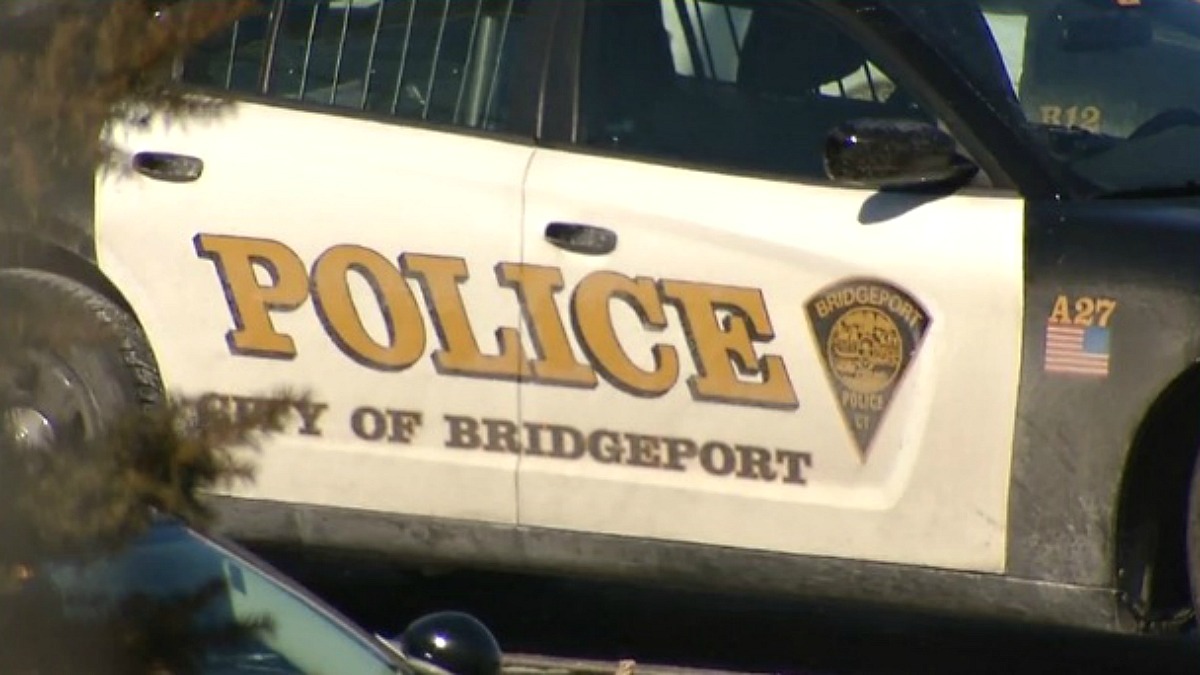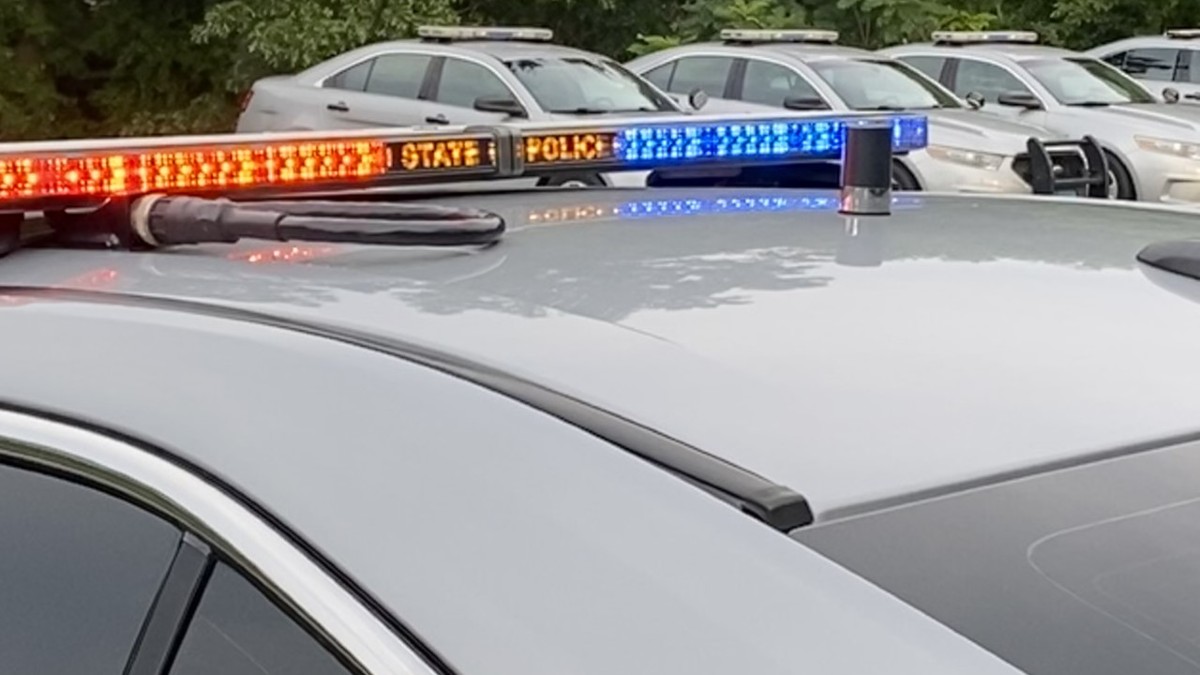Walking through the New Britain Museum of American Art, Jimmie Elizabeth Nkonoki-Ward carries with her an excitement about the portraits of women hanging on the walls.
The 88-year-old explained that they were local heroes that she looked up to as a child in New Britain.
“They were educators, they were businesspeople, and they were very much interested in the youth and the community of new Britain,” Nkonoki-Ward said.
She commissioned more than a dozen portraits of the women back in the late 1980s. It’s now a collection called “The Black Matriarchs Series.”
Get Connecticut local news, weather forecasts and entertainment stories to your inbox. Sign up for NBC Connecticut newsletters.
Kenneth Larson originally drew the portraits in ink and charcoal, and they hung in a state office and a local college. Then they sat in her basement for 35 years until her daughter Lisa recently worked to get them back out for the public to see.
“We know every community in the country has black women who are doing things,” Lisa Nkonoki said. “We don’t know their names but they’re all helping. They’re helping whether in the churches or communities or grandparents and we don’t get to uplift them.”
The series is on display until Dec. 31, showcasing 11 Black women from New Britain who were teachers, a gas station owner and others community leaders. Nkonoki-Ward said they were the elite.
Local
“They were people who set the stage for us to let us know that we could accomplish so much within the community,” Nkonoki-Ward said.
Some may say that she is a New Britain matriarch. The beloved teacher was recognized by state leaders for her exhibit.
She also coordinated an event where Tuskegee Airmen received honorary degrees from Central Connecticut State University.
Her daughter said she would be included in a future Black Matriarchs series.
“We’re looking right now for young artists who might want to do something of this magnitude,” Nkonoki said.
The women, and the collection itself, are setting another example, Nkonoki said. It’s a blueprint for other museums to follow with exhibits of local Black women influencers of their own.
“I think if we don’t honor and understand our history, we don’t really understand the full picture and the full scope of what this was like before, and how far we’ve come,” Nkonoki said.



